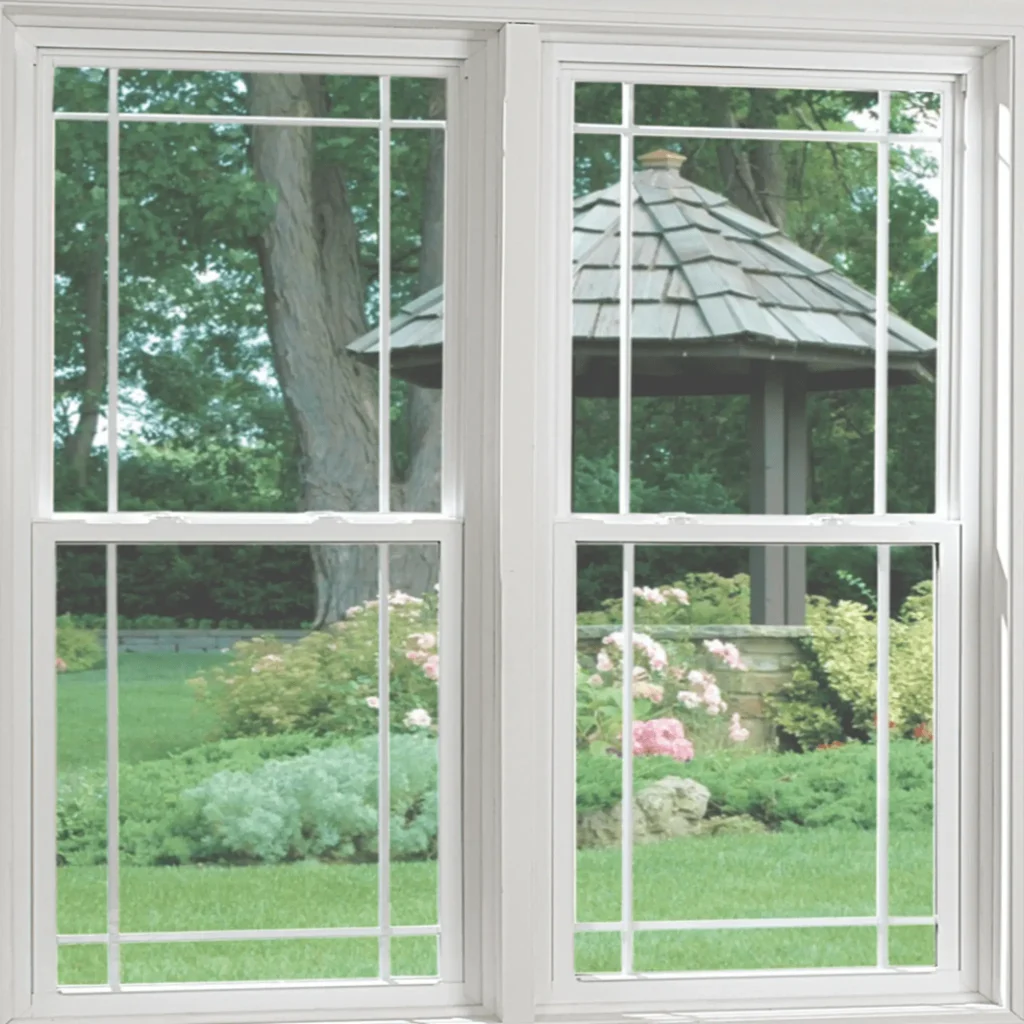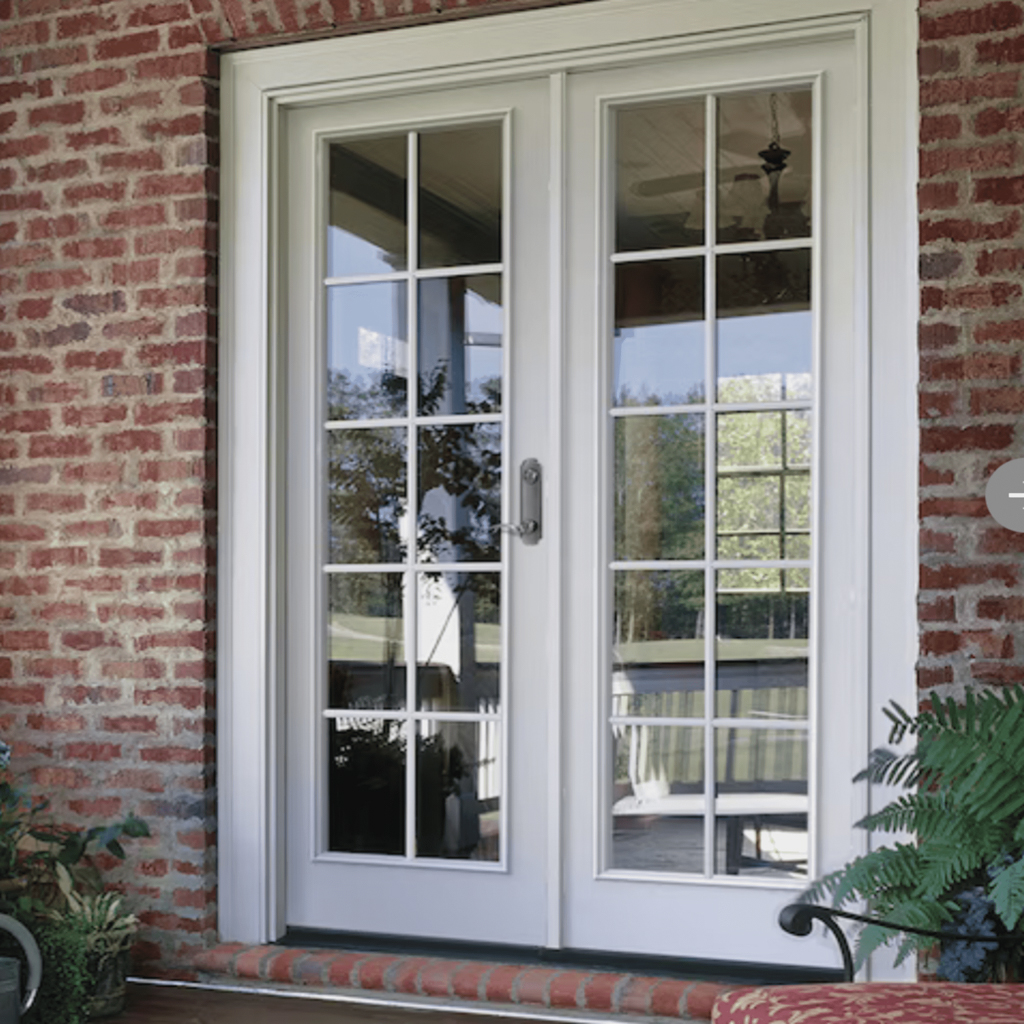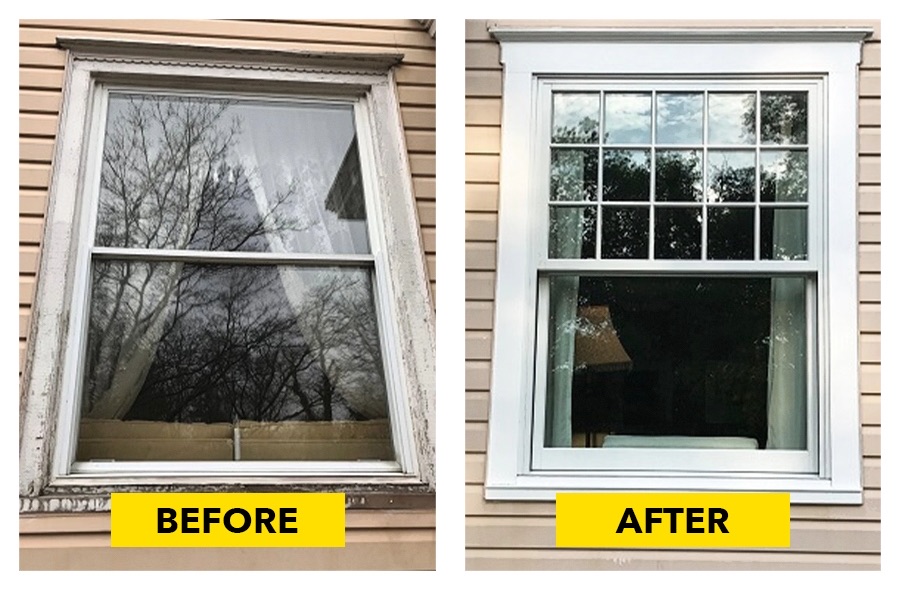If you’re considering replacing your windows, there are several factors to take into consideration.
1. Age and condition: If your windows are old, deteriorating, or showing signs of damage such as rotting frames, foggy glass, or difficulty in opening and closing, it’s a clear indication that replacement is needed.
2. Energy efficiency: Windows play a significant role in energy efficiency. If you notice drafts, excessive heat transfer, or higher energy bills, it might be time to upgrade to more efficient windows. Look for windows with Low-E glass coatings, multiple panes, and insulated frames to minimize heat transfer.
3. Noise reduction: If you live in a noisy area and want to reduce the amount of exterior noise entering your home, consider windows with soundproofing features like laminated glass or dual-pane windows.
4. Style and aesthetics: Windows have a considerable impact on your home’s curb appeal and interior design. By replacing your old windows with newer ones, you can give your home a fresh, updated look. Explore various styles, such as casement, double-hung, sliding, or awning windows, to find the best match for your home’s architecture and personal taste.
5. Maintenance and functionality: If your current windows require frequent maintenance or are difficult to clean, replacement windows with features like tilt-in sashes or easy-to-operate mechanisms can make a significant difference in convenience and upkeep.
6. Safety and security: Windows also contribute to your home’s safety. If your existing windows lack secure locks or have weak frame materials, it may be worth considering windows with enhanced security features, such as multiple-point locking systems or laminated glass.
7. Natural light and views: Consider replacing windows to maximize natural light and optimize your views. Larger windows or strategically placed picture windows can create a brighter, more open feeling in your home and provide better views of your surroundings.



